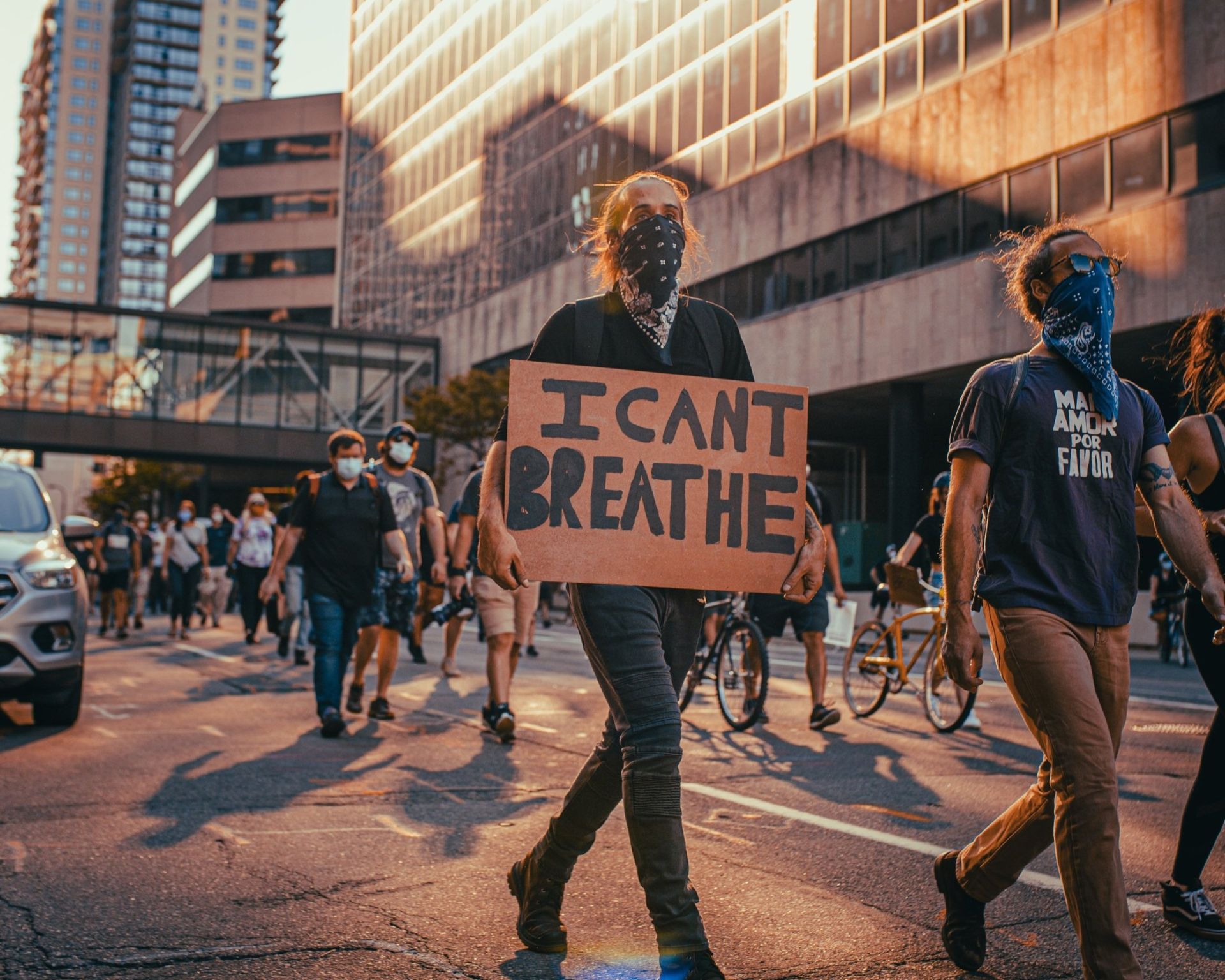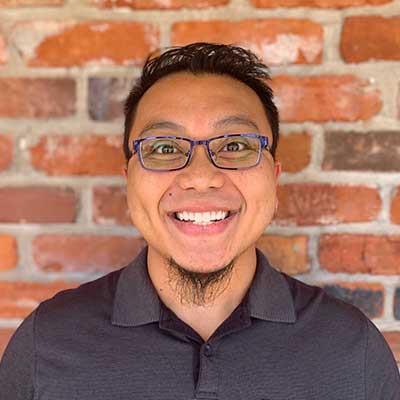The First Step Toward Change
Jun 8
/
Dominic Abaria

The world is broken. And so is my heart.
News from across the country has highlighted the blatant systemic racism so prevalent in the hearts of humanity which manifested itself in the tragic case of George Floyd. As I write these words, countless protests and riots are raging across the country. Millions of people have taken to their social media platforms to wage war against one other. Quarantined masses are huddled around their screens, soaking in the endless stream of information from articles, video, and news reports.
Families already shaken by the chaos of the coronavirus feel the added layers of uncertainty and danger that looms on the horizon. Economic and social structures wane, leaving people questioning where they could possibly place their trust and hope. The Church speaks out with voices as varied, conflicting, and numerous as the denominations themselves.
The world is broken. And so is my heart.
It is overwhelming. The problems are so complex, massive, and multifaceted. We come to grips with the humbling reality, we are powerless in so many ways. The illusions of control have been removed and it is paralyzing.
Perhaps you can resonate.
In times like this, you may feel called to action, yet sometimes you may not know where to start. Should I join the next protest? Should I spend my energy online? Do I need to learn more before I voice an opinion?
Doesn’t it count if I just do my best? I believe the answer is no. Too much damage is done through thoughtless action. Too much energy is dissipated without focus.
As W. Edwards Deming said, “It is not enough to do your best; you must know what to do, and THEN do your best.”[1]
Systemic change is hardly ever produced by spurious, reactionary thinking. People and systems are complex, demanding innovative, thoughtful solutions. Frenetic activity hardly produces enduring change in souls or society.
To resist the urge to act and still our hearts before the Lord is the habit of seasoned saints. Resisting the tyranny of the urgent means allowing our souls to enter into hardship and unresolved tension where we wait on the Lord and find our strength.[2] Sitting with an emptiness and helplessness creates space for the Lord to enter. Perhaps this is what Jesus was describing in the Sermon on the Mount when he said, “Blessed are those who hunger and thirst for righteousness, for they shall be satisfied.”[3]
The first step to creating change is allowing space within yourself to host the presence of God. In that space, the Lord Himself meets us. And from my experience, there is a terrifying excitement of encountering the Holy One. Sometimes, God simply draws near, without words or convictions, allowing us to feel his presence and peace. Other times, the Lord will gently illuminate what is hiding beneath our anxieties and doubts. Other encounters may produce clarity or vision, defining a path of action. And in some cases, the Lord allows us to simply wait in the darkness of our hearts, training our hearts to be still.
The ways the Lord encounters us in our real struggles becomes holy ground. And each theophany becomes a unique experience that shapes us, redirects us, inspires us, and moves us toward the Missio Dei, the mission of God for our own lives. A path as unique as each person is before God. So while the first step is the same, there are myriads of paths you may be called to take as the Lord directs your path.
The only actions worth taking are birthed in the silence, solitude and stillness of this encounter with the Living God.
Pray as a first resort. Listen closely. Think deeply. Believe with courage. Walk in obedience. This is the path toward change. And it is rooted in intimacy with God.
So before you act, draw near to the Lord. Still your heart and mind, making room in your soul to host the Good Shepherd of your soul. Hear his voice, know what to do, and THEN act in the power of his grace.
Notes:
1 Grenny, Joseph, et al. Influencer: The New Science of Leading Change, Second Edition. (New York: McGraw-Hill Education). 96.
2 Isaiah 40:31 (ESV).
3 Matthew 5:6 (ESV).

Dominic Abaria
Dominic Abaria is a native Portlander. A pluviophile at heart, he loves his wife, kids, and coffee. A student of the interior life, he has studied Theology, Divinity, and is currently in pursuit of a Doctor of Ministry for Leadership and Spiritual Formation. He currently serves as a Community Chaplain at Portland Rescue Mission and as a Pastor and Elder at Roots Community Church. Connect with Dominic by emailing him at dabaria@georgefox.edu.
Dominic Abaria is a native Portlander. A pluviophile at heart, he loves his wife, kids, and coffee. A student of the interior life, he has studied Theology, Divinity, and is currently in pursuit of a Doctor of Ministry for Leadership and Spiritual Formation. He currently serves as a Community Chaplain at Portland Rescue Mission and as a Pastor and Elder at Roots Community Church. Connect with Dominic by emailing him at dabaria@georgefox.edu.

